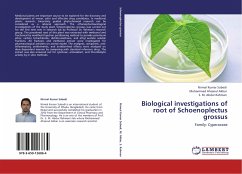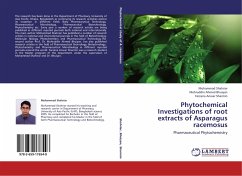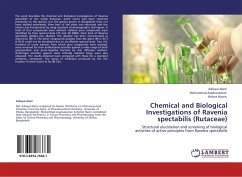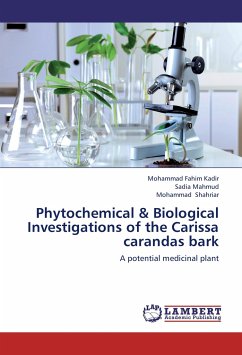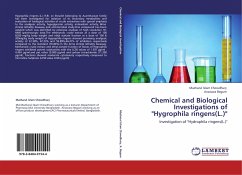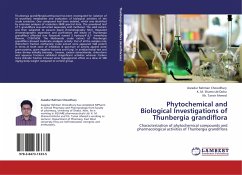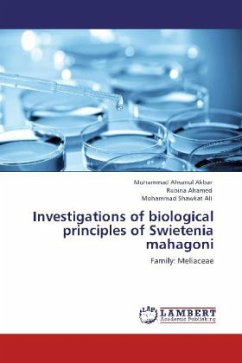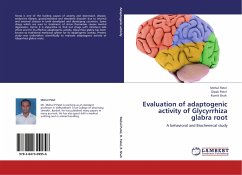Medicinal plants are important source to be explored for the discovery and development of newer, safer and effective drug candidates. In medicinal plants research, bioactivity guided phytochemical research can be considered as a rational approach. The ethanopharmacological investigations of the study plant Schoenoplectus grossus was carried out for the first time ever in research lab by Professor Dr. Rahman's research group. The powdered root of this plant was extracted with methanol and fractioned by modified Kupchan partitioning method to provide petroleum ether, carbon tetrachloride, dichloromethane, and ethyl acetate soluble fractions. All fractions and methanol extract were investigated for pharmacological activities on animal model. The analgesic, antipyretic, anti-inflammatory, antihelmintic, and antidiarrheal effects were analyzed on dose dependent manner by comparing with standard reference drug. The extract was also screened out for cytotoxic, antioxidant, and thrombolytic activity by in vitro methods.
Bitte wählen Sie Ihr Anliegen aus.
Rechnungen
Retourenschein anfordern
Bestellstatus
Storno

